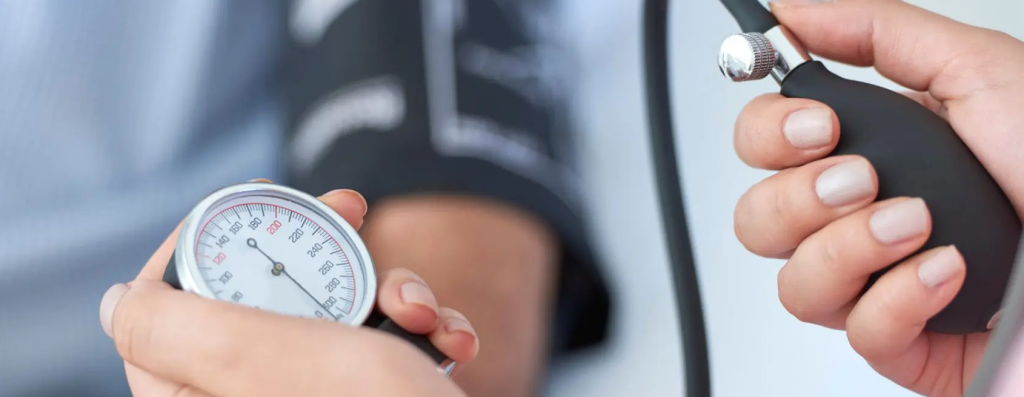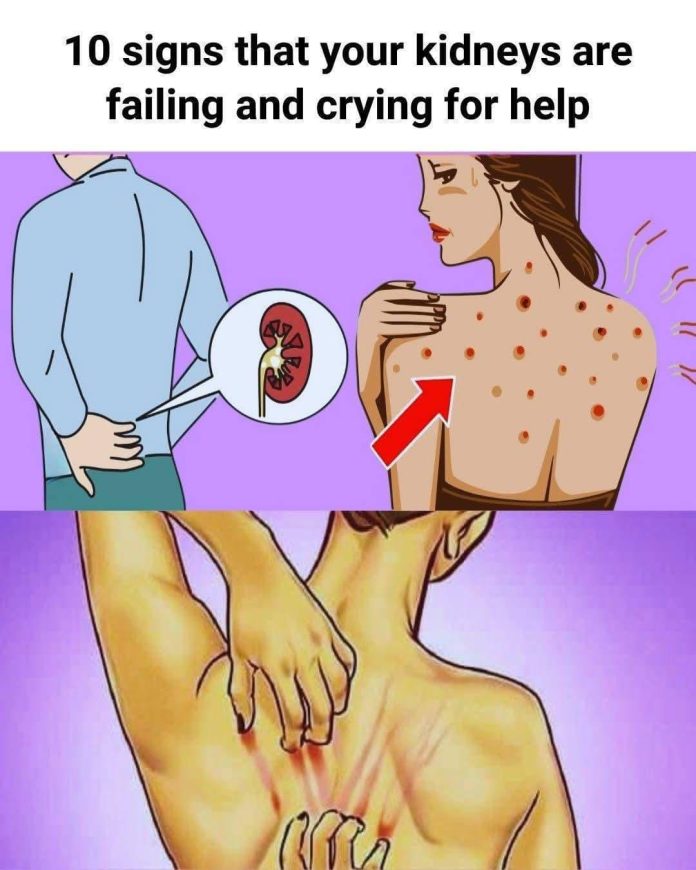The kidneys are vital organs responsible for filtering waste products and excess fluids from the blood, maintaining electrolyte balance, regulating blood pressure, and producing hormones essential for red blood cell production. When kidney function declines, waste accumulates in the body, leading to various symptoms. Recognizing these early warning signs is crucial for timely intervention and management of potential kidney issues.
1. Changes in Urination
Alterations in urination patterns are often among the earliest indicators of kidney dysfunction. This can manifest as an increased need to urinate, especially at night (nocturia), or a decrease in urine output. Some individuals may notice their urine appears foamy or bubbly, which can indicate the presence of protein—a condition known as proteinuria. Additionally, blood in the urine (hematuria) may be observed, signaling possible kidney damage or other underlying conditions.

2. Fatigue and Weakness
Healthy kidneys produce erythropoietin, a hormone that stimulates red blood cell production. When kidney function declines, erythropoietin production decreases, leading to anemia. This reduction in red blood cells results in decreased oxygen delivery to tissues and organs, causing persistent fatigue, weakness, and difficulty concentrating.
3. Swelling (Edema)
Impaired kidney function can lead to sodium retention, causing swelling in the lower extremities, such as the feet and ankles. This swelling, known as edema, occurs because the kidneys are unable to remove excess fluid effectively, leading to its accumulation in the body’s tissues.
4. Shortness of Breath
Fluid buildup in the lungs due to decreased kidney function can cause shortness of breath. Additionally, anemia resulting from reduced erythropoietin production can lead to decreased oxygen levels in the body, further contributing to feelings of breathlessness.
5. Persistent Puffiness Around the Eyes
The presence of persistent puffiness around the eyes can be an early sign that the kidneys’ filters have been damaged, allowing protein to leak into the urine. This periorbital edema occurs because the kidneys are leaking a significant amount of protein, rather than keeping it in the body.
6. Dry and Itchy Skin
Kidneys play a crucial role in maintaining the balance of minerals and nutrients in the body. When they fail to maintain this balance, it can lead to mineral and bone disorders, which may manifest as dry and itchy skin. This symptom indicates an imbalance of minerals in the blood, often due to advanced kidney disease.
7. Muscle Cramps
Electrolyte imbalances, particularly low calcium levels and poorly controlled phosphorus, can lead to muscle cramps. These imbalances occur because damaged kidneys are less able to regulate electrolyte levels in the body.
8. Poor Appetite and Nausea
A buildup of toxins resulting from reduced kidney function can lead to a decreased appetite and feelings of nausea. This is a general symptom but can be indicative of kidney issues, especially when accompanied by other signs.
9. High Blood Pressure
Healthy kidneys help regulate blood pressure by balancing sodium and water levels and producing hormones that control blood vessel tension. When kidney function declines, this regulation is disrupted, leading to increased blood pressure. Hypertension can further damage the kidneys, creating a harmful cycle.

10. Difficulty Sleeping
Chronic kidney disease can lead to sleep disturbances due to factors like itching, muscle cramps, or restless legs syndrome. Additionally, the buildup of toxins in the body can make it difficult to sleep, further exacerbating fatigue.
It’s important to note that these symptoms can be subtle and may develop slowly over time. If you experience any of these signs persistently, it’s essential to consult a healthcare professional for proper evaluation and diagnosis. Early detection and management of kidney disease can significantly improve outcomes and slow the progression of the disease.
Regular check-ups, maintaining a healthy lifestyle, managing underlying conditions like diabetes and hypertension, and staying hydrated are crucial steps in supporting kidney health. Being attentive to your body’s signals and seeking medical advice when necessary can make a significant difference in maintaining optimal kidney function.

















